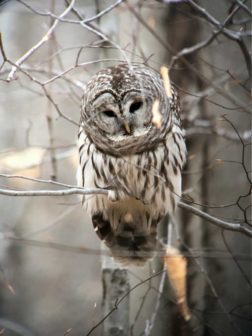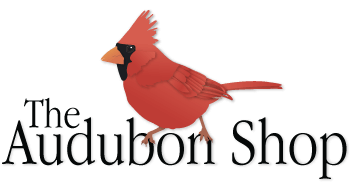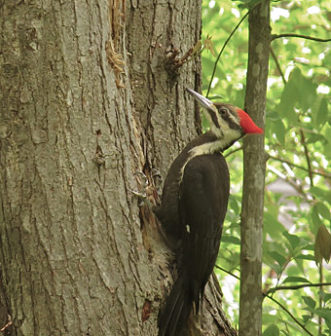Tips for Helping Injured Wildlife or Finding a Young Bird
We often get calls from well meaning customers starting in March, asking how they can help injured birds or nestlings that appear to be abandoned. It’s always best to leave this up to the experts. How do you know when to step in and help?
Below are tips for helping injured wildlife or finding a young bird.
Spring is the time of renewal in the natural world in much of North America. The month of March finds many bird migrants winging their way back into the north from Central and South America, to nest. Our year-round resident birds are busy, too. Just take a listen out the window on a March morning and you’ll hear it starting.
Larger birds of prey like Great Horned Owls, Bald Eagles, and even relatively smaller Barred Owls start nesting in February and March, as their young need a long season of feeding, care and testing their wings before they become independent.
Many fledgling birds leave the nest not fully prepared to care for themselves. Parents are often nearby or in the woods, coaxing (and coaching) the young to stay hidden, and feeding them for days to weeks beyond the day they leave the nest.
In the state of CT, one must train and be licensed to care for any injured or seemingly abandoned wildlife, both birds and animals alike. If you are reading this in another state, check with your own fish and wildlife departments, local birding groups, or even veterinarians. They will be able to steer you.
Below is a great guideline directly taken from the CT DEEP website, that will help you understand whether or not an animal or bird is truly injured or abandoned.
Many thanks to our CT Audubon Chapters, veterinarians, and birding groups for publishing great information.
Dealing with Distressed Wildlife
Be Cautious! Wild animals can be dangerous! Their behavior is often unpredictable. Do not attempt to rescue a potentially dangerous animal without assistance from someone with experience. Never touch any wild animal if it can be avoided. Always keep children and pets away. If you must touch an animal, always wear gloves. This will protect both you and the animal. In many cases, an animal that bites or scratches a person will need to be killed to test it for rabies.
Assess the situation before picking up an animal or bird!
Wild animals often leave their young unattended for several hours or more. Be aware that animals thought to be orphans may not need your assistance. Do not intervene unless you are certain that the animal is orphaned, it is obviously injured, or it is in immediate danger. If you suspect that an animal is orphaned, watch from a distance for a minimum of several hours and attempt to reunite the orphan with its mother.
Remember that it is illegal for any person, other than a state appointed rehabilitator, to care for wildlife. If you think an animal or bird needs help, make sure to contact a wildlife rehabilitator from one of the following sources.
Here are a few CT resources, with CONTACT INFO:
♦ CT DEEP: Dealing with Distressed Wildlife
This site is broken down into groups: birds (broken down by size and type), mammals, etc. Click on each category to find recommendations and current phone numbers. Do not expect to get through to someone right away, as many people have jobs during the day that prevent answering.
♦ CT Wildlife Rehabilitation Association
Working closely with DEEP, this group of licensed rehabbers has an excellent website with resources. Support them!
This site has more good info, and yes, they do take in birds, small mammals and reptiles. Consider supporting them!
This is a raptor rehabilitation and education center located in Killingworth CT, and is busy year-round rescuing, rehabbing and releasing (when possible). An excellent resource for birds of prey. Always worthy of your support.
“We are State Licensed and Federally Permitted to care for wild Birds of all kinds. Birds of Prey, Corvids and Vultures are our specialty. Raptors in CT include; Hawks, Falcons, Harriers, Osprey, Kites, Eagles, Owls and Barn Owls. Corvids in CT include; Ravens, American Crows, Fish Crows, and Bluejays. Vultures in CT include; Black Vultures and Turkey Vultures. Our goal is to rescue, rehabilitate, re-nest and release each bird back into the wild whenever possible. Sometimes birds suffer from injuries which make it impossible for them to return to the wild. In that case, we house them at our Center to become ambassadors for their own kind.”


